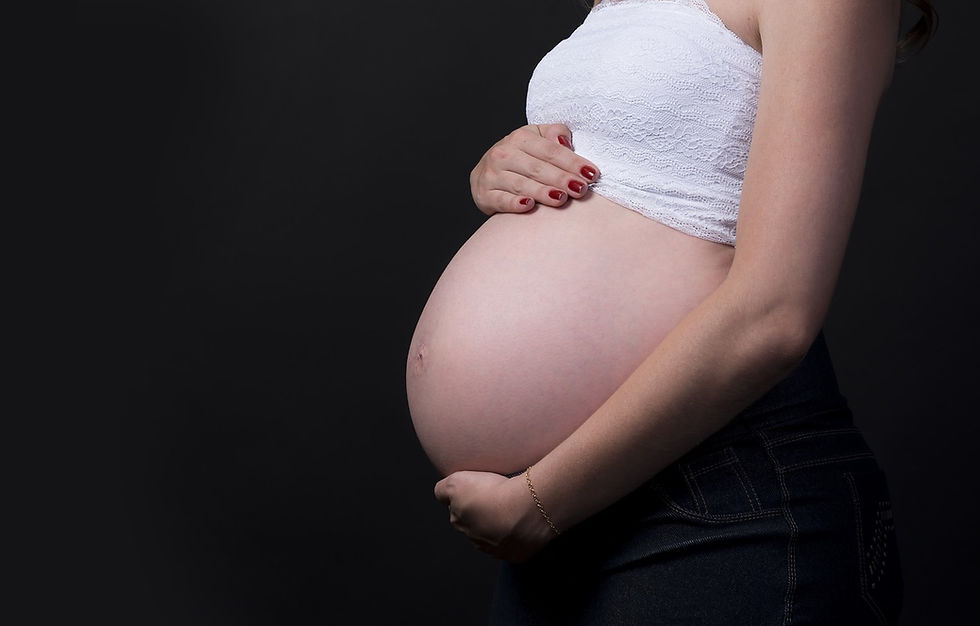Exploring the role of gender in disordered eating
- Brecken Sales

- Jan 2, 2022
- 2 min read
Transgender adolescents (TGAs) often face increased levels of body dissatisfaction compared to their cisgender peers. Gender incongruency, or the struggle to assimilate with the one’s identified gender, can result in body image concerns. Some TGAs may turn toward disordered eating behaviours to alleviate gender tensions and affirm gender identity. Previous research indicates that TGAs are at an increased risk of eating disorders (EDs), yet few studies have examined the specific role of gender in the development and maintenance of TGAs with EDs. Therefore, Romito et al. (2021) conducted semi-structured interviews with nine TGAs to explore the connection between body and gender concerns, and disordered eating behaviours.
From the interviews, three main themes emerged. First, all participants engaged in at least one disordered eating behaviour with the intention of more closely aligning their physical presentation with their identified gender. These disordered eating behaviours varied depending on the individual’s desired body change, but included food restriction, over exercise, and binge eating and purging. Second, disordered eating behaviours in some were also driven by other mental health concerns, such as depression or anxiety. This demonstrates that disordered eating behaviours in TGAs may present for a multitude of reasons, not solely gender dysphoria. Third, all participants described social interactions as influencing their eating behaviours in some form. For some participants, disordered eating behaviours were used to increase their ability to pass as their identified gender in society, or to gain acceptance from their peers by adhering to gender roles in relation to body shape.
Overall, the study highlighted the need for gender-informed care in the field of disordered eating and ED treatment. A theme of participant interviews was the struggle to disentangle gender concerns versus social concerns versus purely body image concerns. Thus, it is extremely important for care providers to improve their knowledge of the struggles faced by transgender individuals in order to better serve this underrepresented population.

Citation:
Romito, M., Salk, R. H., Roberts, S. R., Thoma, B. C., Levine, M. D., & Choukas-Bradley, S. (2021). Exploring transgender adolescents’ body image concerns and disordered eating: Semi-structured interviews with nine gender minority youth. Body Image, 37, 50–62. https://doi-org.ezproxy.library.uvic.ca/10.1016/j.bodyim.2021.01.008




Comments